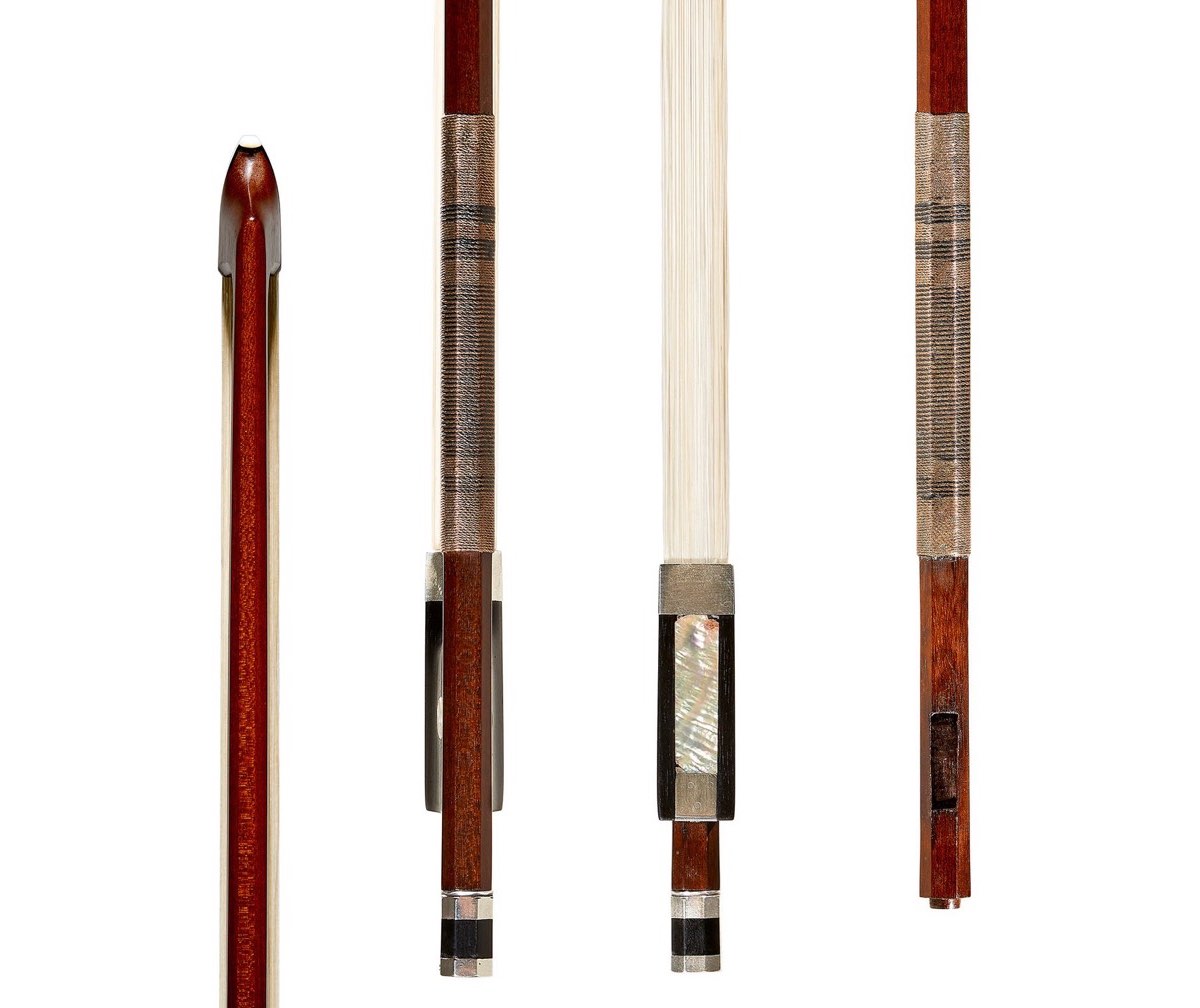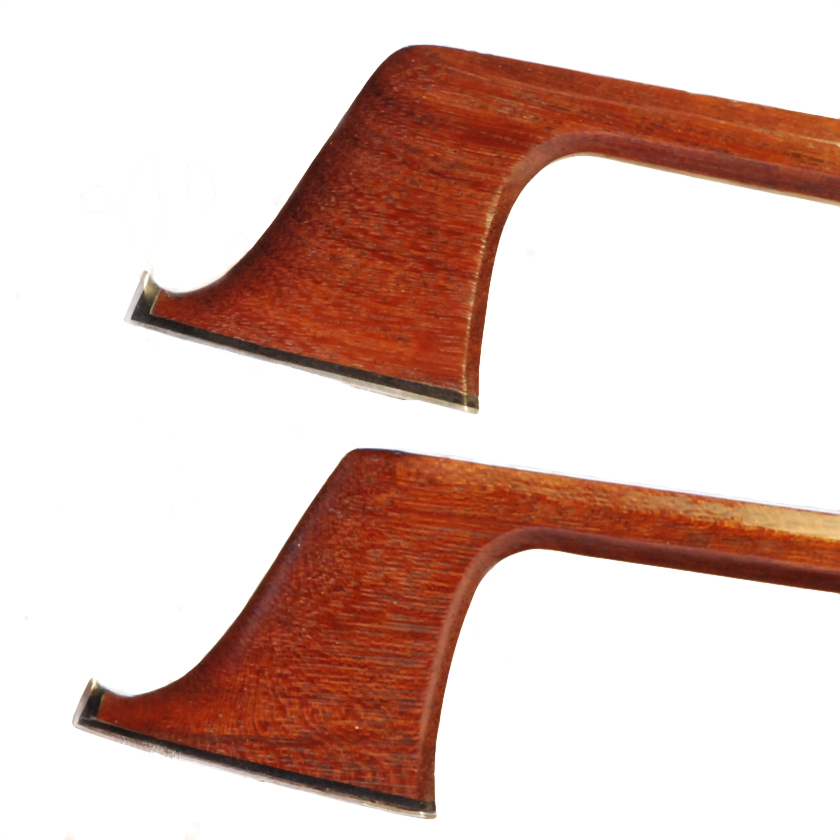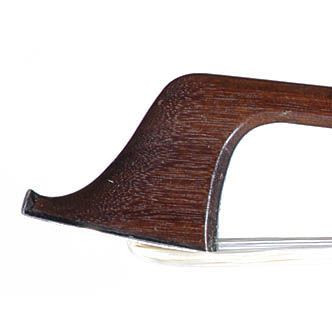François Xavier Tourte 'le Jeune'
Bow maker
(1748 – 1835)
Also known as Tourte 'le Jeune' to distinguish him from his older brother Nicolas Léonard, François Xavier Tourte is probably the most important figure in the history of modern bow making. His violin, viola, and cello bows are exquisite and command the highest prices for their extraordinary craftsmanship, elegance and appreciation by players.
Tourte initially worked as a clockmaker but began making bows around 1774-5. The first definitive evidence of the existence of an independent Tourte workshop on the Quai de l'Ecole dates from 1800, but Tourte was certainly active before that date, possibly in collaboration with his brother. Research suggests that he sold gold and silver mounted sticks to François Lejeune while working the cloister of Notre Dame around 1775, in defiance of pre-Revolutionary statutes limiting work in precious metals to certified tradesmen.
Tourte's working years were a period of intense change in the world of bow making, as modifications in players' technique and the expansion of the tonal palette demanded parallel innovations in the tools used for sound creation. Sticks were lengthened, their shape became concave in the relationship to the hair, and screws and metal ferrules were added to allow for the adjustment of tension of the hair. These innovations originated primarily with the Tourte brothers and, to a lesser extent, their father Nicolas Pierre Tourte but Tourte 'le Jeune' himself is considered the true author of the modern bow. Over time his work, especially that of his 'golden period' after 1800, emerged as the definitive model for the modern bow that has been emulated ever since.
Price History
- The auction record for this maker is $367,862 in Dec 2018, for a violin bow.
- 165 auction price results.
View all auction prices for François Xavier Tourte 'le Jeune'
Tourte family tree
Bows
Violin Bow
Paris
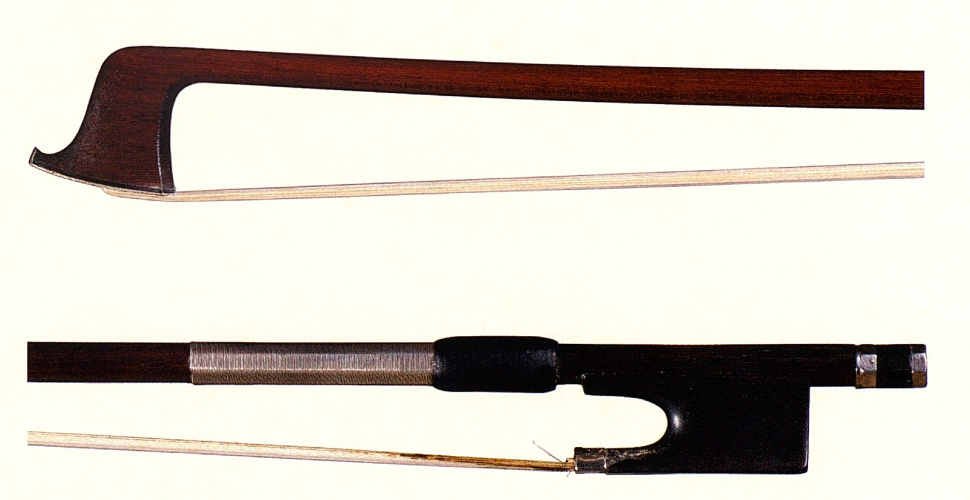
Violin Bow
Paris
the 'Baillot'
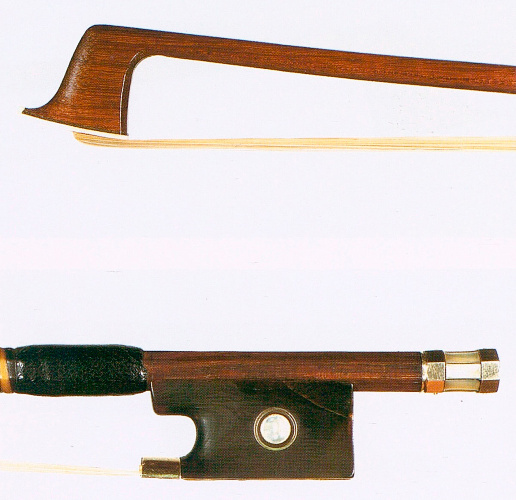
Violin Bow
Paris
the 'Menuhin'

Violin Bow
Paris
the 'Ysaÿe, Stern'





